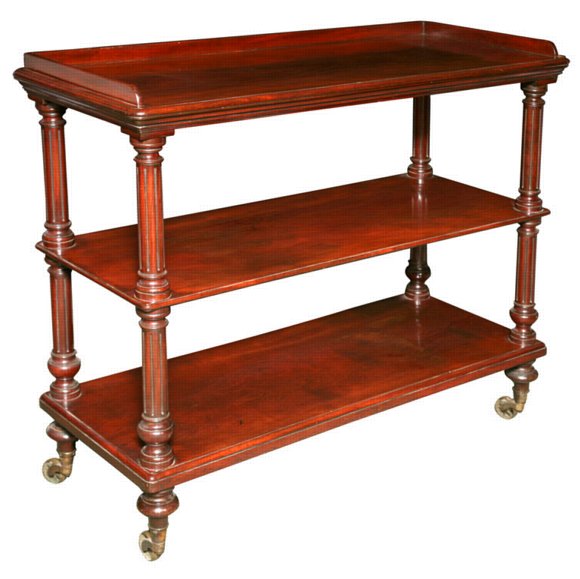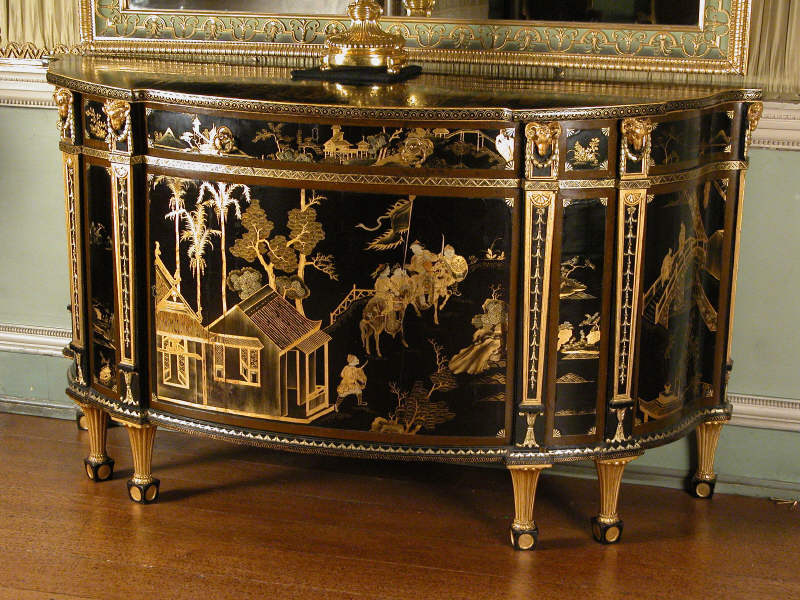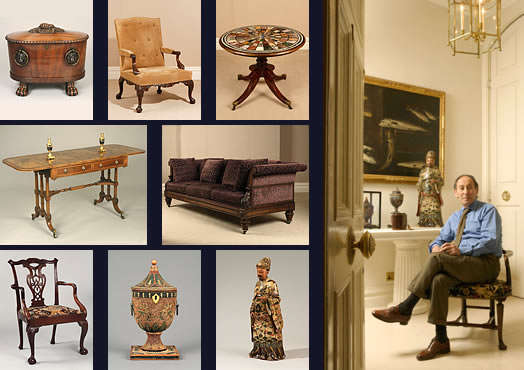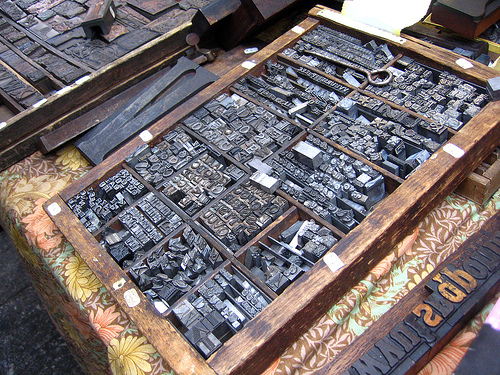A dumb waiter is a particularly clever and efficient time-saving device that, unlike the human form of dumb waiter, is always reliable, never answers back, never complains, doesn’t tell you its life story, saves money, and, most importantly, it doesn’t eavesdrop on your conversations.
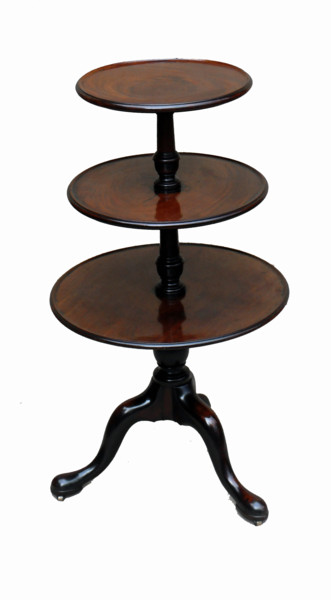 First introduced during the middle of the eighteenth century, dumb waiters are tables that were made specifically for the dining room, but they can be moved around the house into any room to work when required. Typically tall, round-topped, pedestal tables, they have two or three tops instead of just one, creating a layer of shelves. These were sometimes fixed like a normal table, but often revolved. The widest was at the bottom, graduating up to the narrowest at the top, the idea being that each layer could hold food, dishes, or drinks. They were highly portable and would hold a surprising amount of necessities for a dinner party.
First introduced during the middle of the eighteenth century, dumb waiters are tables that were made specifically for the dining room, but they can be moved around the house into any room to work when required. Typically tall, round-topped, pedestal tables, they have two or three tops instead of just one, creating a layer of shelves. These were sometimes fixed like a normal table, but often revolved. The widest was at the bottom, graduating up to the narrowest at the top, the idea being that each layer could hold food, dishes, or drinks. They were highly portable and would hold a surprising amount of necessities for a dinner party.
Larger versions were also made, long side tables with a number of tall shelves. Dinner guests would simply help themselves to food and drink from the dumb waiter without the need for a servant to get involved, buffet-style. A dumb waiter was, therefore, designed to dispense with the services of a human waiter at table. The reasoning for getting rid of servants from the dinner table was not particularly to save money, although that must have been a bonus, it was to create a more intimate and relaxed environment while dining.
A good dinner party might have required up to one servant per diner to keep the guests fully fed and watered throughout the evening. On top of this, the hosts would have had other servants coming and going, delivering and removing dishes from the dining room. So, if people had 12 dining guests round for a posh dinner, they might have had to accommodate over 24 people in the room.
Even though the 12 servants would hardly make a noise, it was well known that although they hardly spoke, they certainly listened and observed like hawks. If you’ve ever been at a party stone-cold sober when all around you were increasingly merry on free-flowing liquor, then you’ll know how fascinating it is to watch and listen to people talking complete codswallop but thinking they’re actually sounding sensible. Too much information is gladly given away under the influence of alcohol, and since heavy drinking, particularly during the eighteenth century, was something that went hand-in-hand with social get-togethers, the servants had a ring-side seat to the juiciest gossip and most fabulously embarrassing sights in town. Servants then, as we can imagine, had a terrible reputation for spreading gossip, so any measure to reduce the gossip problem, apart (God forbid!) from doing without servants altogether, was something of great interest to hosts.
You can understand, then, why dumb waiters became popular. No-holds-barred partying was possible by simply replacing the all-eyes-and-ears servants with a wooden dumb waiter that was completely oblivious to the goings-on around the dinner table. Yes, they’d need the servants at the beginning of the evening to set the tables up with cutlery, plates, drinks, and starters, and then maybe a few more to pop in throughout the night to replenish the dumb waiters, but they could reduce their numbers dramatically, and even do without them for most of the evening. That way the party could really get going without the worry that what occurred during the evening would be talked about all over town.
Gossip may well have been embarrassing for private individuals, but politicians or businessmen with sensitive information to discuss with their guests the dumb waiter was completely indispensable, even more than normal, although of course they’d still need the servants’ help.
One famous advocate of dumb waiters was Thomas Jefferson, the third American president. Dumb waiters were popular throughout Europe, but less so in America. Jefferson spent a number of years in Paris (1784-1789), and it is well reported that he used a number of dumb waiters during his stay. On his return to America, he transported 86 crates of furniture from France. The five dumb waiters he’d used in France were said to be in too poor condition to warrant the transport costs, being so well-used, so he ordered at least four new dumb waiters in Philadelphia to use during his intimate dinner parties. It was well-documented during his presidency that he liked to use his dumb waiters to create a nicely relaxed and informal environment for his guests.
Jefferson’s dinner parties became known for their laid-back style, in which visitors sat without regard to rank, but, more than that, these dinners provided a mechanism for conversation among powerful political elites. Jefferson recorded the outcomes of his dinners by tracking the actions of legislators after they had personally learned of his stance on a subject, and any gossip or secrets spread after such dinners could easily be traced to one of only a handful of guests, so no blaming the servants.
As well as the dumb waiter, other devices were developed to reduce the presence of servants at dinner. Revolving serving doors, located in a recess of the dining room, allowed servants to remove empty serving dishes from the first course and to place foods for the second course without even setting foot into the dining room.
Another great servant-saving device is one we all probably use on a regular basis while dining out at the local Chinese restaurant. A lazy Susan is a revolving dish that sits in the middle of a table and spins around so diners can get at the grub quickly and easily without ever having to leave their seats. Lazy Susans were apparently named after a notoriously lazy servant girl called, surprisingly, Susan, and were designed to complement dumb waiters.

